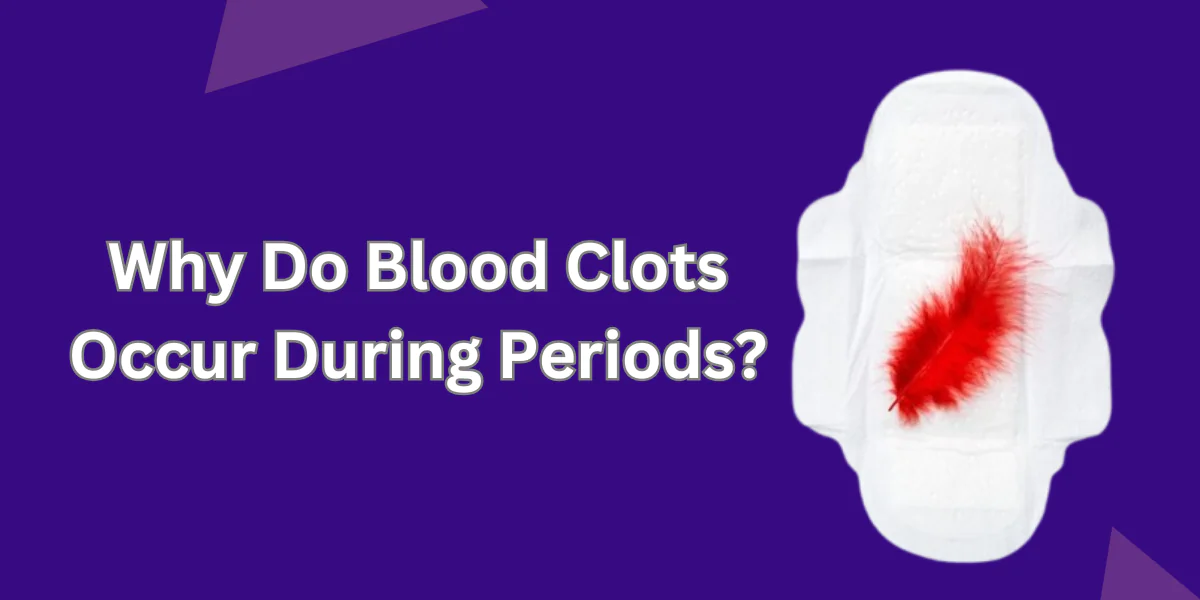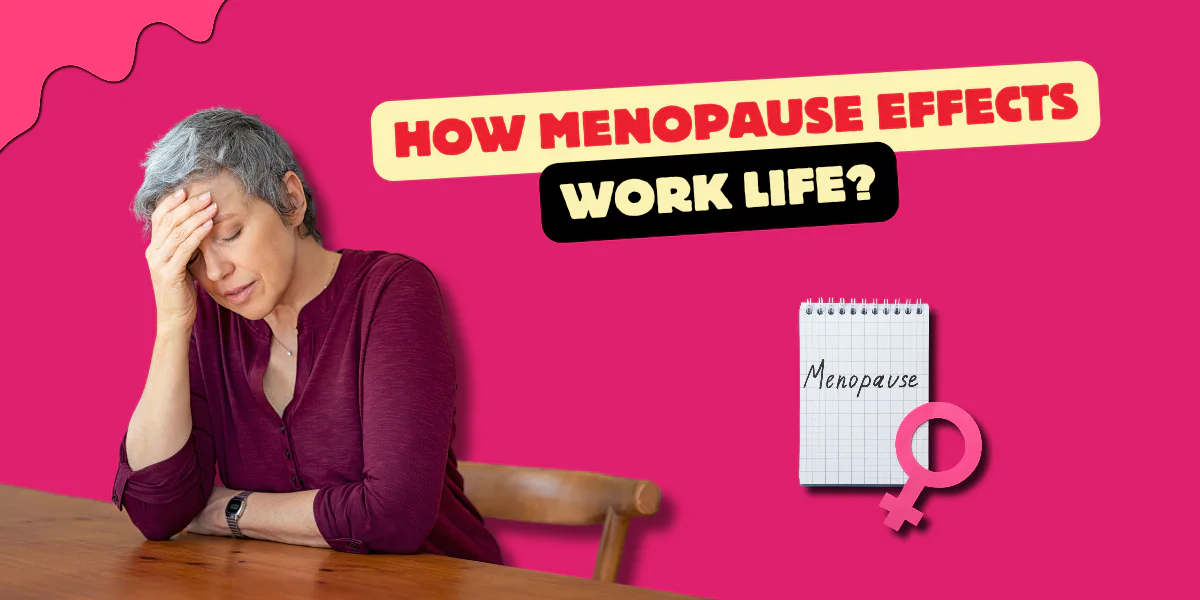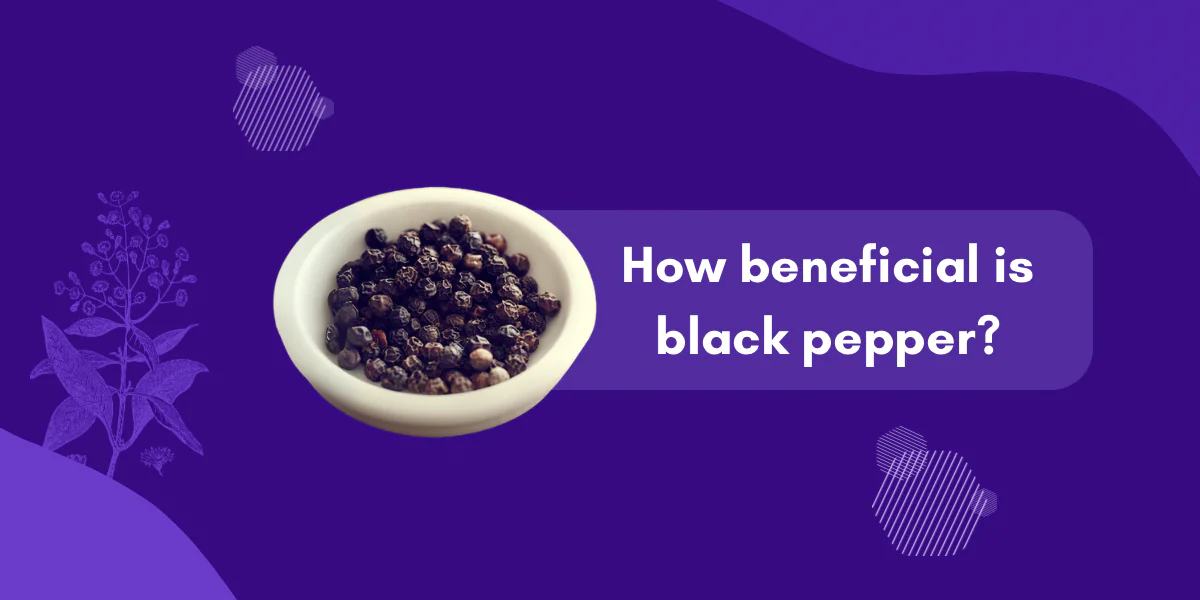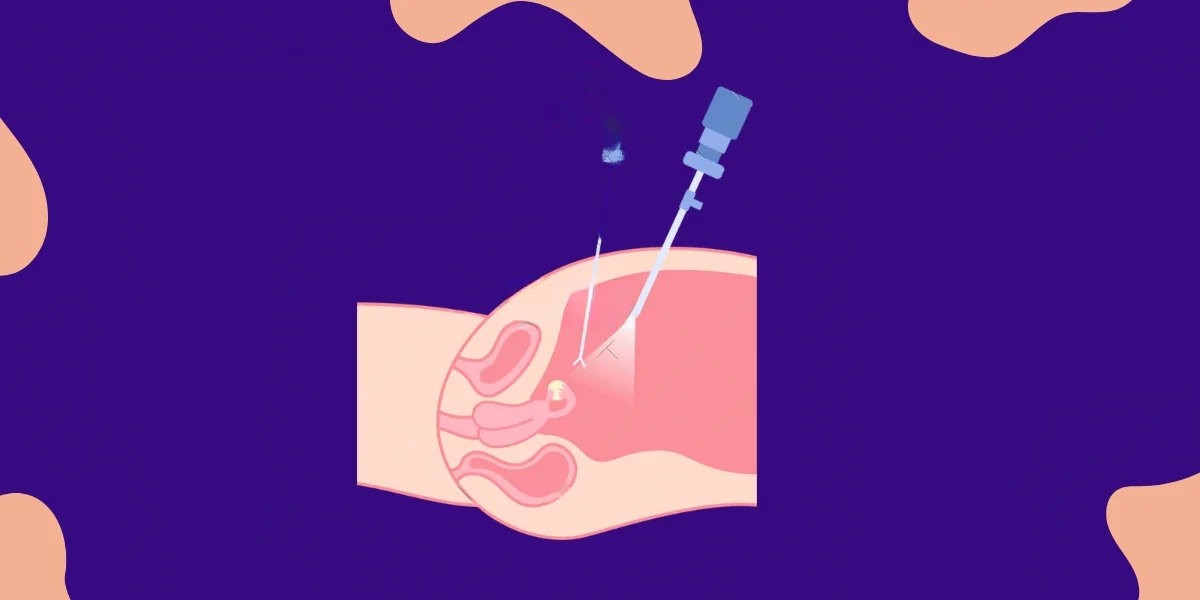Why Period Blood Clots Matter
Blood clots during periods can be a source of worry for many women. While small clots are common and usually harmless, larger or frequent clots may signal underlying health issues. Understanding why blood clots occur during periods can help you identify what’s normal and when you should consult a doctor.
Understanding the Menstrual Cycle
The menstrual cycle involves the shedding of the uterine lining, a process that results in menstrual bleeding. Typically lasting 3-7 days, periods are a natural part of a woman’s reproductive health. The shedding of the uterine lining can sometimes cause blood clots during periods—but how do you know if they’re normal or a cause for concern?
Why Do Blood Clots Occur During Periods?
Blood clots form when the blood flow is heavy, and the body releases anticoagulants slower than the flow. As a result, the blood begins to clot. According to Dr. Tanaya, “When you’re on your period, your uterus sheds its inside lining. This is similar to how skin sheds, but it happens internally. With the uterine lining coming out, it can form clots or blobs.” This process is usually normal and not a cause for alarm.
Normal vs. Concerning Clots: Insights from Dr. Tanaya
Most women experience clots during their periods, and this is typically normal. However, it is crucial to know when clots become a sign of something more serious. Dr. Tanaya emphasizes, “If you see clots that are larger than the size of a small coin, or if you experience them frequently, you should consult a doctor. It may indicate heavy menstrual bleeding (HMB) or other conditions like fibroids or hormonal imbalances.”
When to Seek Medical Advice for Period Blood Clots
Knowing when to see a healthcare provider can make a significant difference in managing menstrual health. Consult a doctor if:
- Clots are larger than 1 inch in diameter.
- You experience prolonged periods lasting more than 7 days.
- There is severe cramping alongside heavy bleeding.
- The clots come with dizziness, fatigue, or other symptoms of anemia.
Underlying Health Conditions That May Cause Clots
Several conditions can cause abnormal period clots:
- Uterine Fibroids: These non-cancerous growths in the uterus can cause heavier periods and larger clots.
- Endometriosis: The presence of uterine lining-like tissue outside the uterus can lead to heavy bleeding.
- Polycystic Ovary Syndrome (PCOS): This hormonal disorder may cause irregular periods with clotting.
- Hypothyroidism: An underactive thyroid can affect menstrual flow and clotting.
Managing Period Blood Clots: Tips and Lifestyle Advice
For most women, simple lifestyle changes can help manage period blood clots:
- Hydration: Drink plenty of water to maintain a healthy flow and prevent thick blood.
- Iron-Rich Foods: Consume spinach, lentils, and poultry to prevent anemia due to blood loss.
- Exercise: Regular physical activity can help improve circulation and reduce heavy bleeding.
- Herbal Remedies: Turmeric milk or ginger tea can be soothing and may help with cramps.
Indian Context: Common Misconceptions and Local Healthcare Practices
In India, many women face challenges in accessing accurate information on menstrual health. Societal taboos often prevent open discussions, making it crucial to spread awareness about the normalcy of period blood clots. Accessing healthcare facilities and consulting with specialists like gynecologists can empower women to better understand their bodies.
Doctor’s Perspective: Dr. Tanaya’s Advice
Dr. Tanaya, MBBS, MSc (Oxon), FRSPH, provides a balanced perspective on managing period clots. She advises, “While clots are normal, it’s essential to monitor their size and frequency. Don’t hesitate to seek medical advice if you notice changes in your period that concern you. Early intervention can prevent potential complications and ensure better health outcomes.”
Navigating Period Clots with Confidence
Blood clots during periods can range from normal occurrences to signals of underlying health conditions. Understanding the causes, knowing when to consult a doctor, and adopting healthy habits can make a significant difference. With expert guidance from doctors like Dr. Tanaya, you can feel more confident in managing your menstrual health.
Read also: Causes of Pelvic Pain: 5 Common Reasons Explained by a Doctor
Medical Disclaimer: This article is for informational purposes only and is not a substitute for professional medical advice. Always consult with a healthcare provider for personalized recommendations.




















